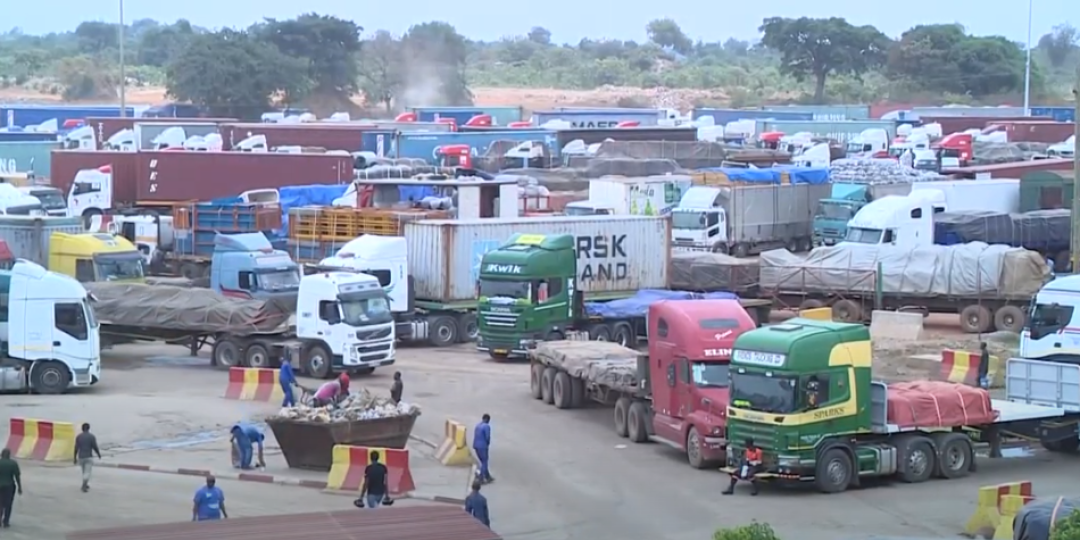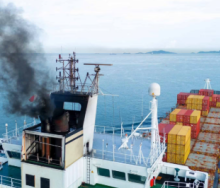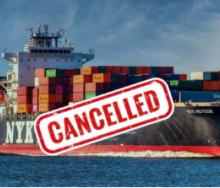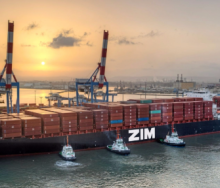Trucks heading north into the Copperbelt continue to queue south of the notoriously mismanaged border crossing of Kasumbalesa, backing up for about 70 kilometres to the Zambian village of Chambishi and taking up to eight days before drivers cross into the Democratic Republic of the Congo (DRC).
According to Mike Fitzmaurice, chief executive of the Federation of East and Southern African Road Transport Associations, a bilateral agreement to transform the perennially congested intra-regional trade transit into a 24-hour border has been in place for at least a year – to no avail.
Picking apart long-standing issues on both sides of the border, he questioned the logic of DRC border officials, saying that their operations will entail “document processing from eight in the evening to about six in the morning.
“That’s absolute nonsense,” he said. “That’s not how a 24-hour border should be run. The whole point is for traffic to continue to flow, and not wait while officials are catching up on paperwork.”
Switching to the Zambian side of things, Fitzmaurice said the customs yard in Zambia remained a shambles, with trucks cramming into a waiting area made for about 200 trucks at most.
With about 800 northbound trucks trying to squeeze through Kasumbalesa every day, the backlog is going nowhere except further south of Chambishi, meaning more waiting time for drivers, whether they have arrived with the necessary cargo clearing documentation or not.
Attempts by Zambian officials to work the queue, checking trucks for paperwork and allowing precleared drivers to bypass other trucks, have long since been abandoned because of the resentment, anger and obstructionist behaviour it caused among non-compliant drivers.
“The problem is there are too many unregulated operators working in the industry,” Fitzmaurice said. “As soon as they’ve secured loads, they rush to the border in the hope of sorting out documentation once they get there, and it doesn’t work.”
Conveniently, the crush of cargo choking up the border has been turned into a nice little money-spinner for Zambia. Waiting time already costs about $100 a day. Until recently, trucks idling for longer than 48 hours were charged an additional $25 per day. Now that the grace period has been shortened to 24 hours, many transporters will pay even more while they wait to pass through the border.
“The whole situation is a mess,” Fitzmaurice said. “Some of these issues have been hampering flow at Kasumbalesa for so long you get the idea they don’t really want to sort it out. They thrive on chaos.”
Many transporters agree, claiming that badly run borders are a good reason for crooked border officials to exploit transporters.
“That’s where the real money lies,” said one.
Meanwhile, millions are lost to tax revenue when intra-regional trade in Africa is slowed to a trickle.













